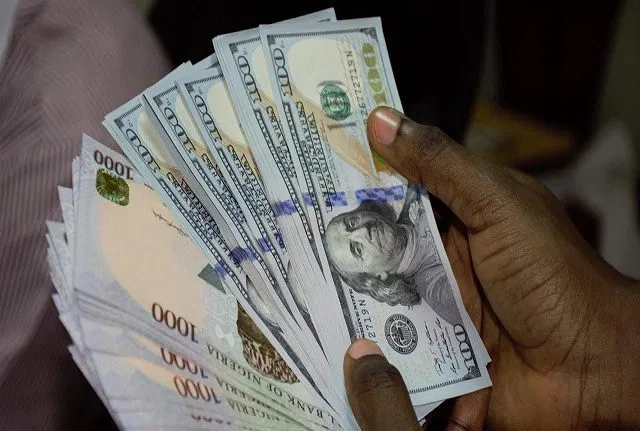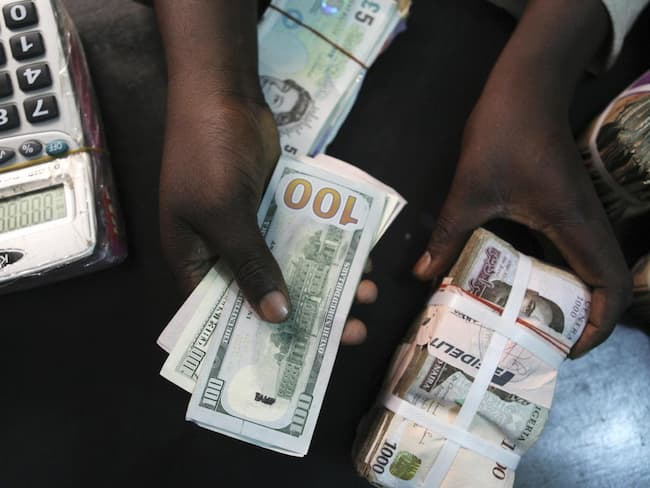The naira depreciated to N445/$1 at the parallel market, despite the resumed sales of over $50 million to over 5,000 BDC operators. In sharp contrast, Nigeria’s exchange rate at the NAFEX window appreciated to N386 during intraday trading on Monday, September 7, 2020.
Market Watch
NAFEX: The Naira appreciated marginally against the dollar at the Investors and Exporters (I&E) window on Monday, closing at N386/$1.
- This represents a 13 kobo gain when compared with the N386.13 to a dollar that it exchanged on Friday, September 4.
- The opening indicative rate was N386.19 to a dollar on Monday. This represents a 50 kobo drop when compared to the N386.69 to a dollar that was recorded on Friday.
- The N394.63 to a dollar is the highest rate during intraday trading before closing at N386. It also sold for as low as N384/$1 during intraday trading.
Forex Turnover: Forex turnover at the Investor and Exporters (I&E) window declined further by about 49.3% on Monday, September 7, 2020. This is in contrast to the improved turnover that was recorded last week.
- According to the data tracked by Nairametrics from FMDQ, forex turnover dropped from $89.15 million on Friday, September 4, 2020, to $45.22 million on Monday, September 7, 2020.
- The Central Bank of Nigeria (CBN) is still battling to clear the huge backlog of foreign exchange demand especially by foreign investors wishing to repatriate back their funds.
- Despite the improved forex turnover that was recorded last week, this decline reinforces the volatility of the foreign exchange market. The supply of dollars has been on a decline for months due to low oil prices and the absence of foreign capital inflow into the country.
- The average daily forex sale for last week was about $58.52 million which represents a significant improvement from the $23.19 million that was recorded the previous week. The day’s FX turnover is still a far cry from the $200 million mark that was recorded some 2 weeks ago.
- Total forex trading at the NAFEX window in the month of August was about $857 million compared to $937 million in July.
- The exchange rate disparity between the official NAFEX rate and the black-market rate has continued to reduce significantly these past few days dropping to N53.87.
Parallel Market: At the black market where forex is traded unofficially, the Naira depreciated against the dollar to close at N445/$1 on Friday, according to information from Abokifx, a prominent FX tracking website. This represents a N5 drop when compared to the rate that it exchanged on Friday, September 4. This in contrast to the huge gains that were recorded last week.
Currency Developments
- The central bank moved towards exchange rate unification last month after it devalued the official rate to N380/$1.
- The local currency had strengthened by about 7.8% within the last one week at the black market as the Central Bank of Nigeria introduces some measures targeted at exporters and importers in order to try to boost the supply of dollars in the foreign exchange market and reduce the high demand for forex by traders.
- The resumption of sales of forex to BDCs on Monday, September 7, 2020, will inject more liquidity to the retail end of the foreign exchange market and discourage hoarding and speculation.
- However, the BDC operators have urged the apex bank to reconsider the margin allowed for the currency traders as it was inadequate to meet their expenses.
- There has been a sharp drop in speculative buying of foreign exchange, although demand backlog by manufacturers and foreign investors still puts pressure and creates a volatile situation in the foreign exchange market.
Source: Nairametrics












